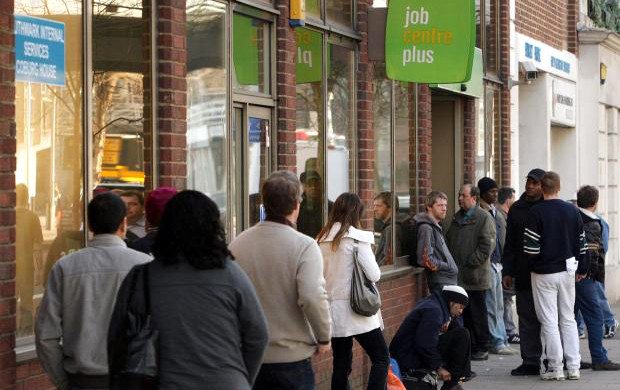The UK spends more than £250 billion on welfare—making up just over a third of all spending—with the payments going towards supporting those in need. The way in which this budget is spent is under constant scrutiny and proves a regular source of political debate and policy change.
Some of the most recent changes to the benefit system, made by former Chancellor George Osborne, came into force in April, meaning that the system of welfare payments to families, disabled people and the recently widowed has a different look.
Here are five of the changes that you should know about:
Disability benefit
Anyone claiming the disability benefit Employment and Support Allowance (ESA) who is deemed fit for work-related activity will now receive £29.05 less per week. Claimants will now get £73.10 instead of £102.15, meaning that the payment will be the same as jobseeker’s allowance.
The Government says it wants this to act as an incentive to try to get more disabled people into work—and stressed that people might be entitled to other support—but campaigners have raised concerns over how effective this will be at improving the number of disabled people in employment.
The cut will affect about 500,000 people in the long term and should save £350 million for the Government.
The two-child tax credit limit
As of April 6 2017, Child Tax Credit will only be paid for the first two children in any family. The benefit is worth up to £2,780 per child per year and the cut is expected to save about £1.2 billion a year by 2020.
The move does not impact upon existing children and there are also exceptions for children who are adopted and women who, for example, give birth to twins despite already having one child. Women who have been raped can also gain an exception but will have to prove this is the case, in a move which has drawn fierce criticism.
Housing benefit for young people
People aged 18 to 21 who currently claim jobseeker’s allowance will no longer be able to claim any housing benefit.
The Government says that it is removing access to the money—which is paid directly to landlords—for new claimants in a bid to ensure they do not ‘slip straight into a life of benefits’.
There are a number of exceptions, such as for young people who have children or do not have any parents of their own in the country.
The ‘family element’
In the complex world of Child Tax Credits, one part of the total that you could receive was called the ‘family element’, worth £545 a year.
This part of the payment has now been scrapped, saving the Government about £540 million a year by 2020, but it will remain in place for existing claimants.
People who are widowed
The Government has chosen to bundle together three different benefits and replace them with a new Bereavement Support Payment. The payment could provide £3,500 plus £350 a month for 18 months for people with children.
Figures show that 52% of people will be better off under the new system—although this clearly means that there will be some losers.









